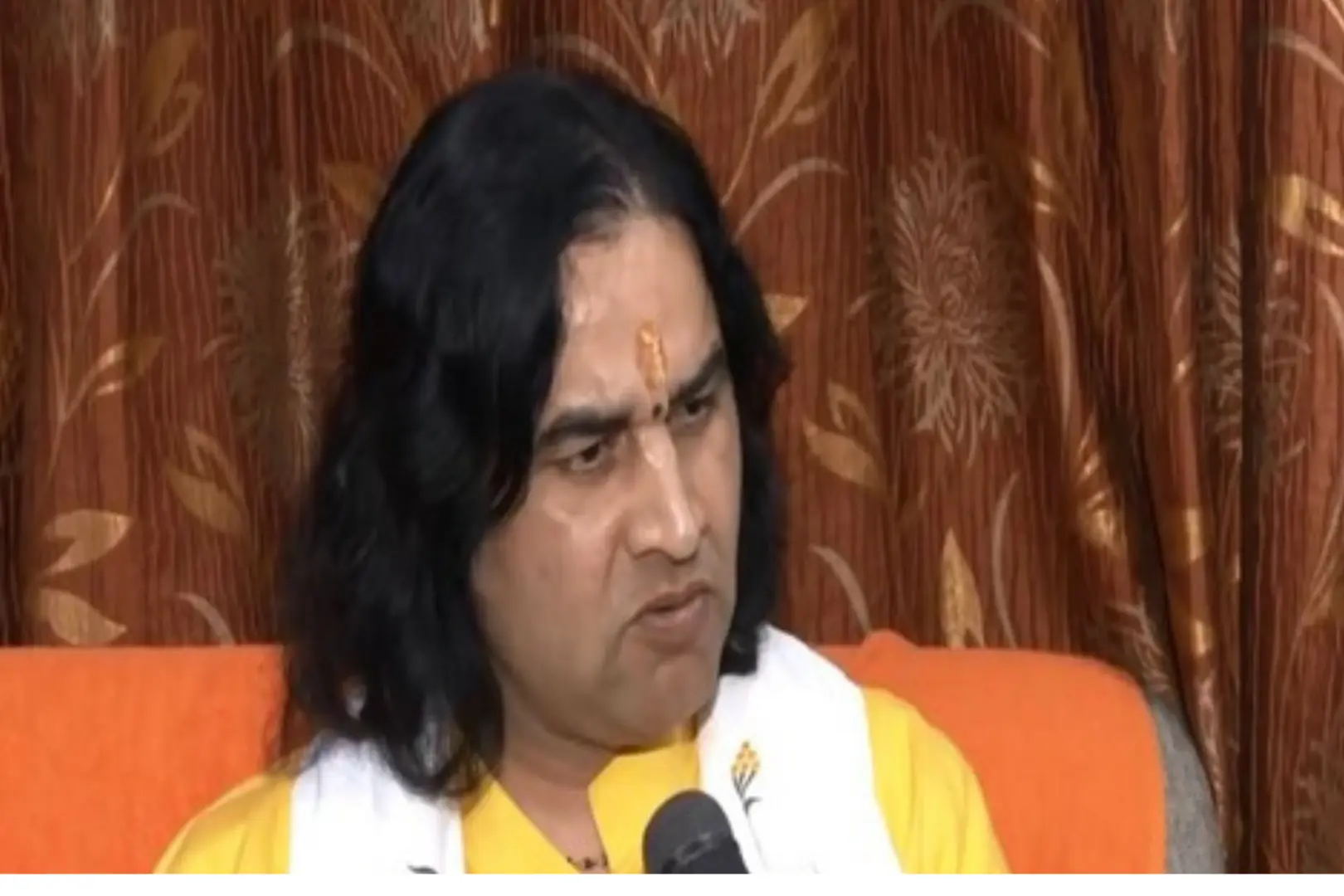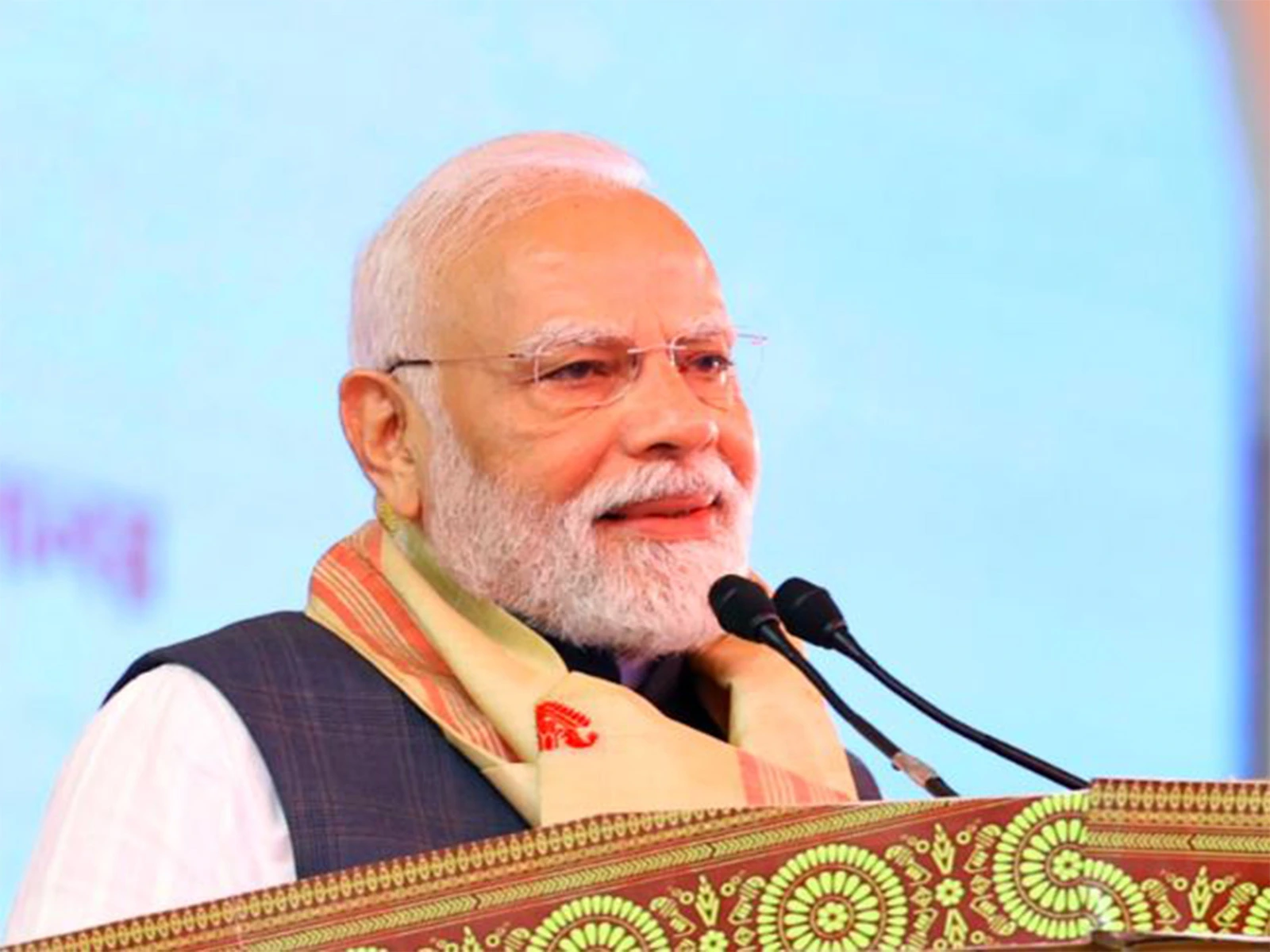05-Dec-2024, 11:20 AM
Spiritual leader Devkinandan has issued a strong call for the United Nations (UN) to take decisive action regarding the escalating violence in Bangladesh, stating that if the organization cannot effectively address such crises, it should consider disbanding. This statement comes amidst growing concerns over human rights violations and political unrest in Bangladesh, particularly affecting minority communities.
Context of the Call
Devkinandan’s remarks highlight a broader frustration with international bodies like the UN, which are often criticized for their perceived inaction in times of humanitarian crises. He emphasized that the UN was established to promote peace and security globally, and its failure to intervene in serious situations undermines its credibility and purpose. The spiritual leader pointed out that the ongoing violence in Bangladesh has led to significant suffering among innocent civilians, especially those from marginalized groups.
Specific Issues Raised
In his address, Devkinandan detailed several alarming incidents of violence and discrimination reported in Bangladesh, including attacks on religious minorities and political dissenters. He argued that these actions not only violate basic human rights but also threaten regional stability. The spiritual leader called for immediate intervention from the UN to protect vulnerable populations and restore peace.
The Role of the UN
Devkinandan’s comments reflect a growing sentiment among activists and leaders who believe that the UN must evolve beyond mere statements of concern. He urged the organization to implement concrete measures, such as sanctions against those responsible for violence or deploying peacekeeping forces if necessary. His call to action resonates with many who feel that the UN’s current approach is inadequate in addressing urgent humanitarian needs.
Broader Implications
The implications of Devkinandan’s statements extend beyond Bangladesh. They raise critical questions about the effectiveness of international governance structures in responding to crises. If major organizations like the UN cannot fulfill their mandates, it may lead to calls for reform or even a reevaluation of their existence. His remarks serve as a rallying cry for those advocating for stronger global governance mechanisms that prioritize human rights and conflict resolution.
Conclusion
Devkinandan’s passionate plea underscores the urgent need for international action in Bangladesh and highlights a growing impatience with institutions that fail to deliver on their promises. As violence continues to escalate, his call for accountability and effective intervention may resonate widely, urging both national governments and international bodies to take meaningful steps toward resolving conflicts and protecting human rights globally.




